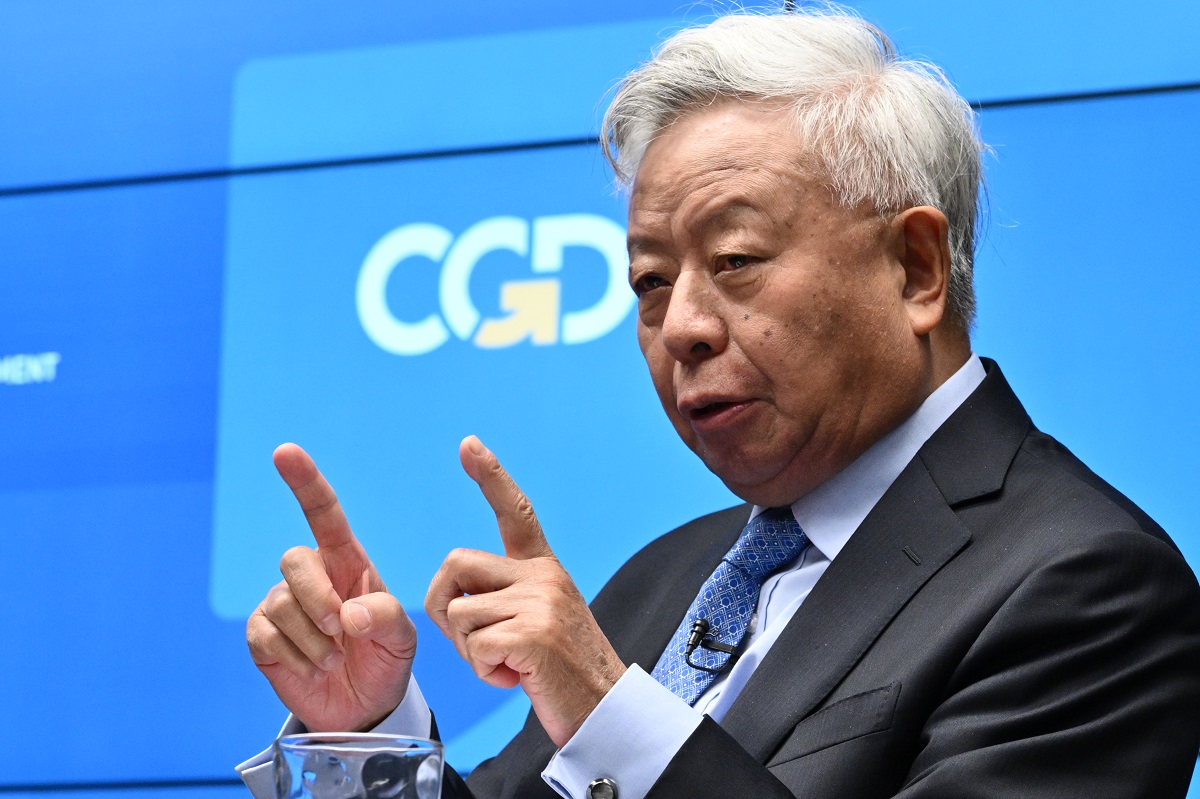Step One
Unilaterally seek to push Asia’s largest economy out of the Asian Development Bank’s club of borrowers. Never mind that China’s “graduation” from the ADB would weaken the institution financially and sever an important channel of influence and dialogue with Chinese officials.
Step Two
In the face of $8 trillion in infrastructure financing needs in the region, refuse to put any new capital into the Asian Development Bank, despite other countries’ calls for a bigger bank.
Step Three
Don’t allow those countries to put more capital into the ADB either.
Step Four
When Asian countries decide to join a China-led effort to mobilize more capital through a new Asian Infrastructure Investment Bank (AIIB), complain loudly and seek to dissuade those countries from moving forward. Offer nothing in return.
How to Do Better
The United States is the largest shareholder in the ADB, alongside Japan. This is a privileged position and a considerable source of influence in the region. But the United States will not maintain this influence by seeking to block, with no real ability to do so, emergent institutions. Instead, the United States and Japan should seek to ensure that the ADB continues to be vital to the region as a whole (including China), with or without an AIIB.
A good first step would be swift approval of the pending financial restructuring at the ADB, which would generate significant additional capital for infrastructure investment. But the bank’s two largest shareholders could do considerably more when it comes to generating additional funds for infrastructure investment through a general or selective capital increase. Other countries in the region are signaling very clearly that they would be eager to join such an effort, whether it happens at the ADB or in a new institution. For the United States, in particular, the question is simple: do you want to lead that effort at the ADB, or do you want China to lead it elsewhere?
CGD blog posts reflect the views of the authors, drawing on prior research and experience in their areas of expertise.
CGD is a nonpartisan, independent organization and does not take institutional positions.




